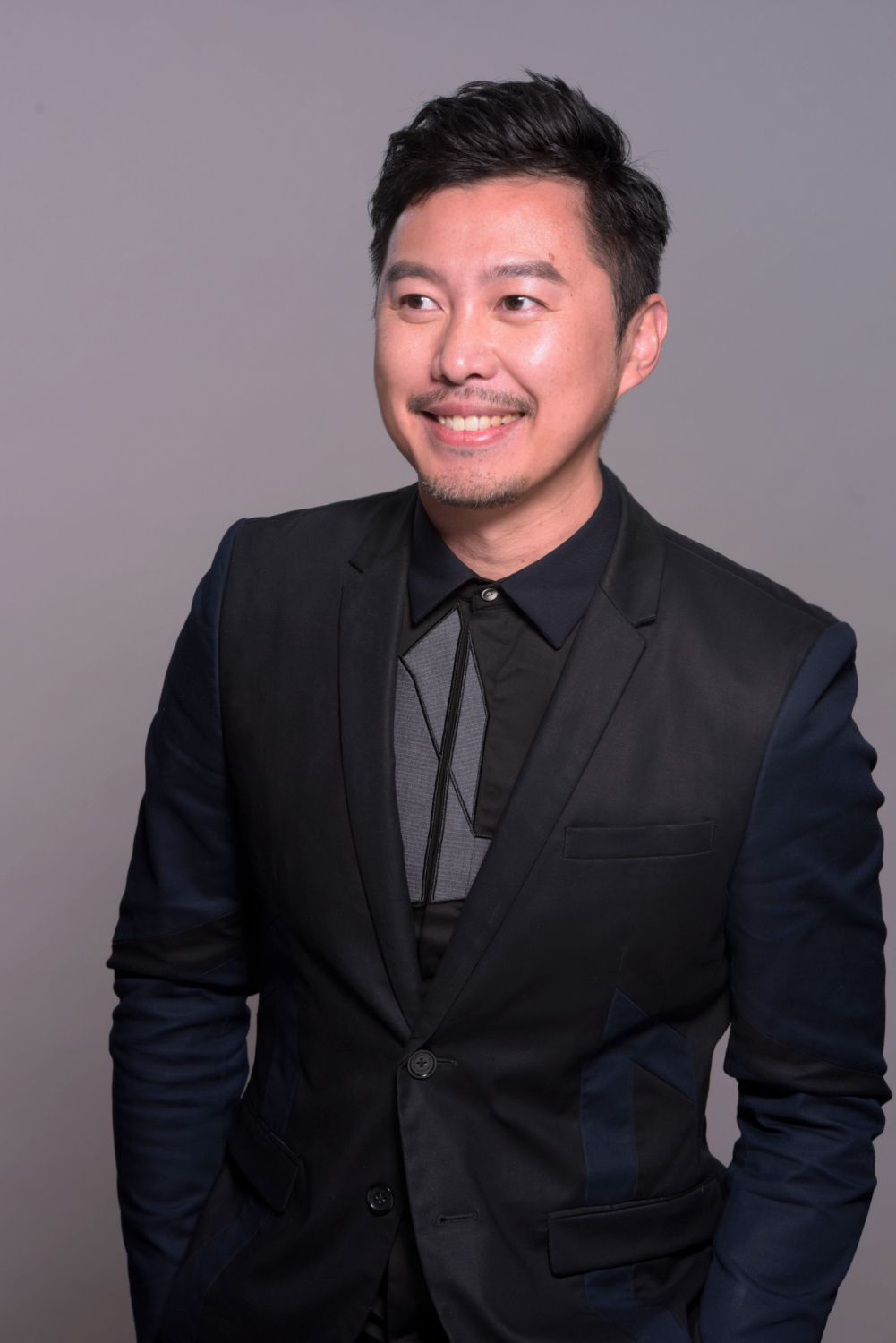John Koay, regional executive creative director of global public relations and marketing consultancy firm Edelman, shares his tips on how to communicate clearly, effectively and creatively
Being able to communicate effectively with your team, colleagues and bosses is an essential skill to have. For some, strong communication forms the backbone of their jobs. John Koay falls under this group of people.
As the regional executive creative director of Edelman, a global public relations and marketing consultancy firm, part of Koay’s role as a leader is to push his team out of their comfort zone. This is why he has no qualms rejecting conventional campaigns in favour of ones that make his team ask, “Is this going to get us in trouble?”
A Hong Kong-born Kiwi, he came back to his birth country in 2013 to join Ogilvy and at just 31 became a creative director at the agency. After eight and half years there, he left as executive creative director and now is leading the creative team at Edelman, covering Hong Kong, Taiwan and Thailand.
Speaking with Koay, it’s easy to see why big brands like KFC and Pizza Hut choose to work with him and his team. Is it his creativity? His sense of humour? His established network? Sure, they all played a part, but we also discovered in this interview that communication is one of his best qualities. We sat down with him and picked his brain on how to master communication.
Read more: Gen.T Disrupt: These Online Courses Will Help You Upskill And Stay Ahead Of The Curve

How do you communicate with your team on issues you’re not yet sure how to solve?
John Koay (JK): When it comes to facing barriers, it's important to ask questions. I think it’s dangerous to be afraid to ask questions and think other people will think less of you.
If you don't know how to do something, just put your hand up and say, “Hey, I don't know!” Or “how do you do this?” That's the best thing you can do. There will be people who are willing to help. I don't think people would look down on you if you were unsure about something.
When it comes to pitching for deals, what’s your best tip on how to sell your idea?
JK: Storytelling is a big part of communicating your idea. This is how you make it memorable, how you give it that spark, that "Ah-ha!" moment. For example, when I present my ideas to my clients, I don't just start with the idea, start with some interesting insights and a lead-up. I go something like this: "We’ve identified these unexpected behavioural trends in Hong Kong... That's why we have this bonkers of an idea for X to go with it…” That sets up the surprise and you unwrap it slowly. I think that the storytelling bit is essential to the survival of a great idea.
Read more: 5 Tips On How To Lead With Empathy
